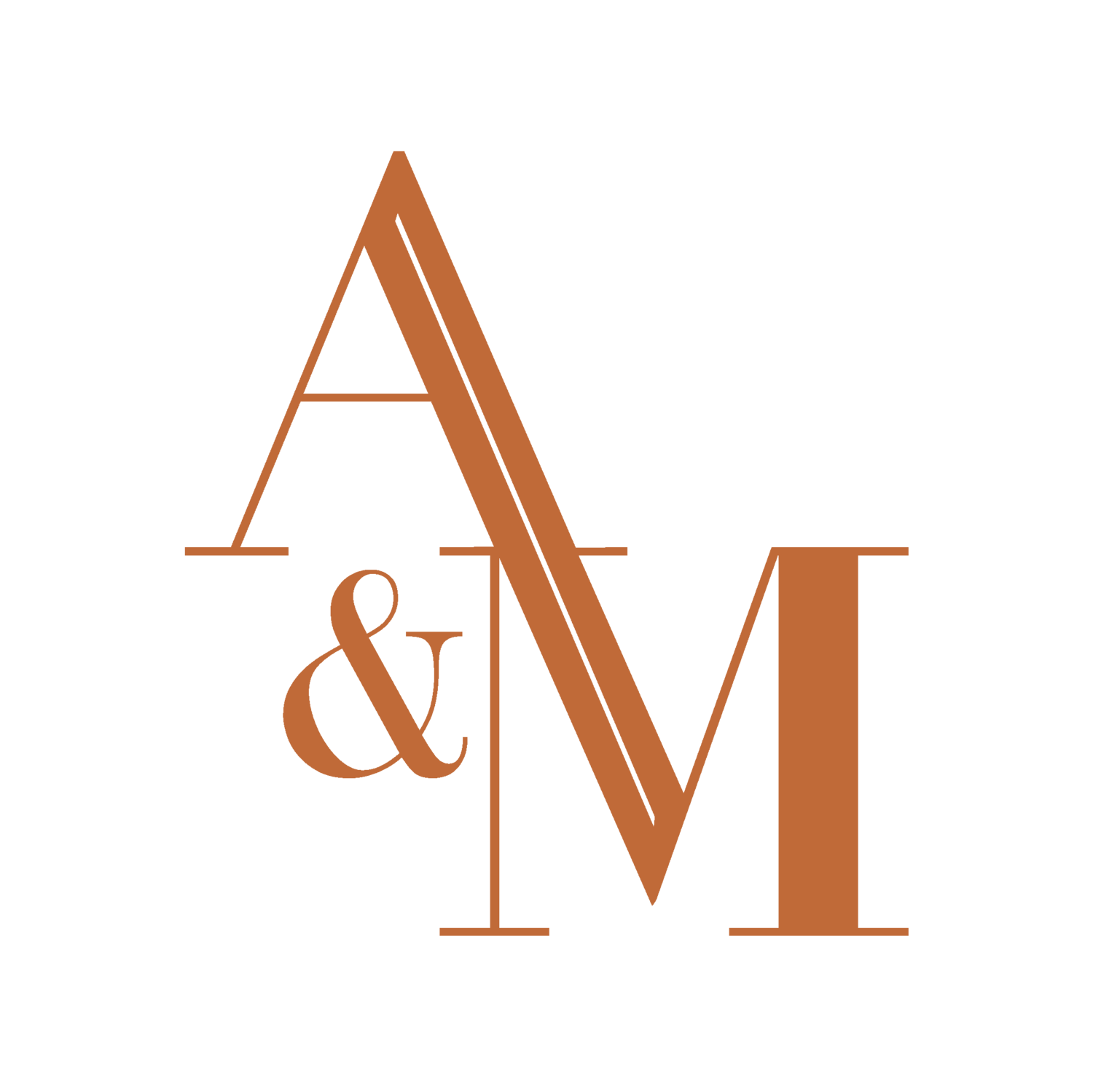PIVOT Day 4 | Art World
Sutton, Helu-Trans and NAC negotiate borders in Asia
By A&M
Key Points
Virtual platforms cannot replace physical ones to showcase art, but will remain at least as complementary avenues to engage with audiences after the pandemic.
Preparation and resilience are keeping art businesses and practices going.
The pandemic is expected to advance ESG-minded business practices.
Day 4 of PIVOT has concluded with an insightful panel concerning the negotiation of borders in the art world post-Covid-19. Moderated by Wang Zineng, Founder of Art Agenda, S.E.A. and Head of Modern and Contemporary Art, Asia, Bonhams, the conversation included Catherine McClelland, President and Managing Director of Sutton, Hong Kong, Ida Ng, Chief Executive Officer of Art Move, Helu-Trans Group and Low Eng Teong, Deputy Chief Executive Officer of National Arts Council (NAC), Singapore.
Here are our three takeaways from the panel:
Virtual platforms cannot replace physical ones to showcase art, but will remain at least as complementary avenues to engage with audiences after the pandemic. Catherine talked about attending Unscheduled, which opened in Hong Kong yesterday and how everyone was glad to connect with each other in person and to talk about art. Eng Teong noted that NAC policies encourage practitioners to think about how their programmes can be disseminated through the internet. Ida feels positive about how digital exhibitions and fairs have enabled greater access to visitors who are not able to travel and attend them in person.
Preparation and resilience are keeping art businesses and practices going. Helu-trans has kept afloat with its storage services even as the moving of art came to a stop with travel restrictions and fair cancellations. Ida is now cross-training her employees to equip them for altered demands of art logistics after the pandemic. Eng Teong expounded on the Our SG Arts Plan (2018-2022), which prioritises digitisation, so that workers will be in a better position when the ‘new normal’ comes around, but still wishes they had started work on this even earlier. Catherine elaborated on how Sutton continued engaging virtually with international journalists they would otherwise have hosted on press trips for Gallery Weekend Beijing in May.
The pandemic is expected to advance ESG-minded business practices. Ida reflected that the business of art logistics is not a naturally eco-friendly one, but gave examples of the efforts that Helutrans had undertaken in recycling materials even before the pandemic. Eng Teong spoke about how even the smallest decisions matter as the effects of reducing, reusing and recycling are cumulative. Catherine shared Sutton’s hiring practices for diversity, and the prioritising of their employees’ mental well-being.
Watch the full recording of PIVOT Day 4 here:
We are also pleased to shareWe are also pleased to share our takeaways from Day 1 on how public art institutions are engaging with their audiences, Day 2 on how galleries are marketing and selling artworks, Day 3 on how artists are approaching their practices and Day 5 on how art collecting agendas will evolve.
PIVOT runs from 15 to 19 June 2020, 5–6 pm daily (GMT+8) on Zoom. The panel is free for all to attend with registration. Click here to find the full programme details and to secure your spot for the remaining conference. our takeaways from Day 1 on how public art institutions are engaging with their audiences, Day 2 on how galleries are marketing and selling artworks, Day 4 on how the art world will negotiate borders and be reformed, and Day 5 on how art collecting agendas will evolve.
PIVOT runs from 15 to 19 June 2020, 5–6 pm daily (GMT+8) on Zoom. The panel is free for all to attend with registration. Click here to find the full programme details and to secure your spot for the remaining conference.







